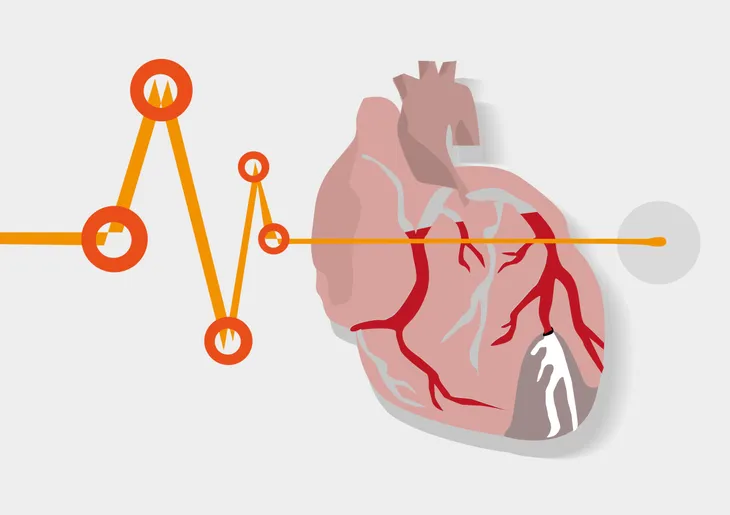Poor circulation can occur when you’re cold or if you sit cross-legged for far too long in front of the television. However, pins and needles in your extremities (mainly the hands and feet) can also signal a more serious health conditions, ranging from heart disease to diabetes.
That’s why it’s not only vital to be familiar with the common causes of poor circulation, but also to be aware of the more serious underlying health conditions that chronic poor circulation can indicate.
Ten associated medical issues that trigger circulatory problems are…
1. High Blood Pressure
High blood pressure, or hypertension, can signal and trigger circulatory problems. After all, high blood pressure is the initial reaction when blood flow is restricted to the organs. The heart will beat faster to increase blood flow and increased pressure will occur within the circulatory system, causing poor circulation, particularly to the hands and feet.
2. Smoking
If you didn’t already have enough reasons to “butt out,” smoking is a prime cause of peripheral vascular disease, a condition that restricts circulation in the legs and often causes infection and eventual leg and foot amputations.
3. Heart Disease
Heart disease, or more precisely peripheral arterial disease (PAD), restricts blood flow in the hands and legs. This serious heart condition results when arteries become blocked by fatty cholesterol deposits, causing them to narrow and restrict fresh blood flow throughout the body.
4. Injury
If an injury occurs to a certain area of the body, typically the extremities (i.e., feet, arms, or hands), inflammation can occur and healthy blood flow can be disrupted. Poor circulation may not become an issue until the swelling subsides, or once the area heals or is surgically mended.
5. Sedentary Lifestyle
Long periods of inactivity will often lead to circulation issues—for instance, if you sit in an uncomfortable position for a long time. However, if you sit constantly in the same position at work without moving (i.e., at a computer), your muscles may become weak and cause more chronic circulation issues. Make a point to get up and move around each hour to get the blood circulating to your muscles and to prevent repetitive stress injury.
6. Poor Diet
Eating too much fatty, sugary, or processed junk food is a common reason for poor circulation, which can lead to more serious health concerns. For instance, consuming high amounts of sugar and fat causes plaque buildup in the arteries and restricts blood flow. To clear arteries and prevent further plaque buildup, consuming less fat and sugar is a good idea, allowing smoother and increased blood flow throughout the body.
7. Raynaud’s Disease
One of the initial symptoms of Raynaud’s disease (or Raynaud’s phenomenon) is circulatory issues in the hands and feet. This condition prompts the narrowing of blood vessels in the extremities as a response to temperature (usually cold) or emotional stress, which causes spontaneous arm and leg spasms.
8. Obesity
We all know that being overweight causes the heart to work a lot harder. However, you might not know that obesity leads to circulatory issues when the heart must put in more of an effort to pump fresh blood throughout the circulatory system to supply the vital organs.
9. Buerger’s Disease
Buerger’s disease should be a prime concern for both smokers and diabetics. The condition increases both bad cholesterol and blood pressure, causing dangerous swelling and even blood clots in the blood vessels of the hands and feet.
10. Type 2 Diabetes
Compromised blood circulation is a common side effect of type 2 diabetes and is due to damage to the peripheral arteries in the legs and feet. The consequences of this reduced circulation ranges from developing heart disease to stroke, even causing amputations of the lower extremities if infection should occur due to artery damage.













